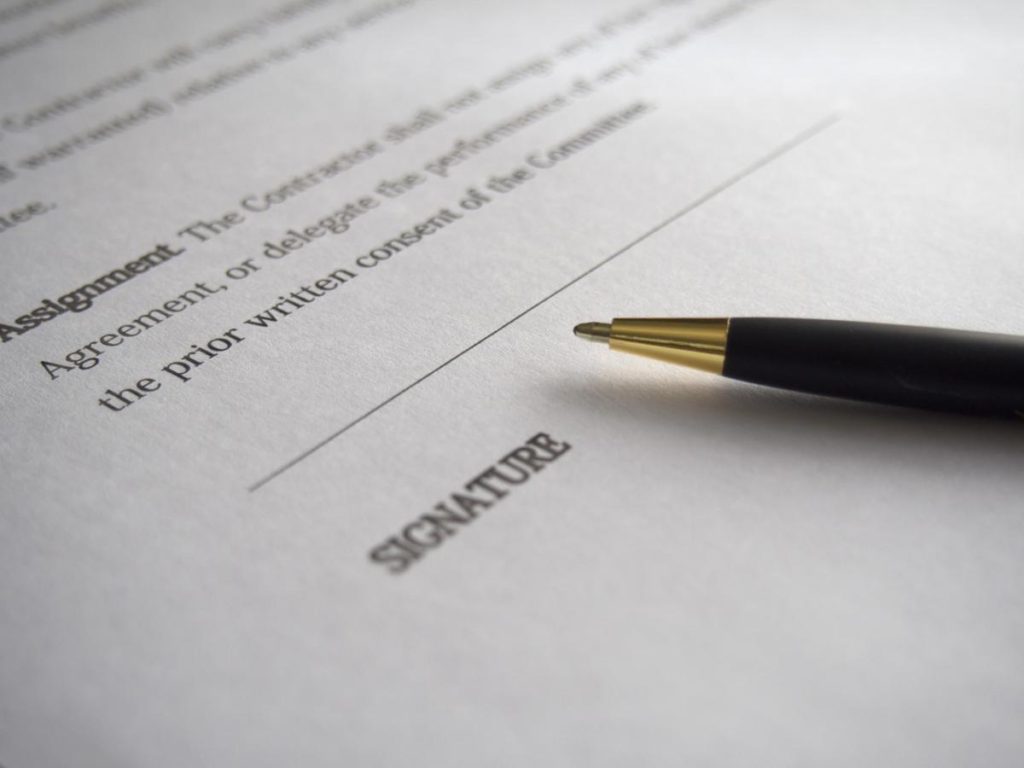What is an end user licensing agreement?
A software licensing agreement entered into between a software publisher and the user is known as an end user licensing agreement (EULA). It involves certain information concerning the software, the rights of the user and the rights of the company. To show the type of the relationship between the parties an end user licensing agreement template can and should be edited. For instance, one may be created for software licenses for government or business users and another software licenses for individual.
An end user licensing agreement is used by the licensor, who is commonly the distributor of the software or product. It will then need to be agreed to either by the user of the software or the purchaser. Majority of end user licensing agreements are utilized in a digital format.
There may be various versions of the licensing agreement for different types of users. For instance, you may want to have one specifically for individual users and one for government entities or other large corporations.
End user licensing agreement (EULA) or end user licensing agreement, must include product information, the ways that a user is permitted to utilize the software, and any major disclaimers. Over the course of the product’s lifespan, the agreement may need to be updated with new details and information.

Click here to find out various, useful, free to download forms.
What are other names of EULA?
1) Copyright License Agreement; 2) Know-How License Agreement; 3) Licensing Agreement; 4) Intellectual Property License Agreement; 5) Patent License Agreement; 6) Patent and Know-How License Agreement; 7) Service Mark License Agreement; 8) Software License Agreement; 9) Trademark License Agreement; 10) Trade Secret License Agreement; 10) Trademark and Service Mark Agreement.
When is a licensing agreement required?
A licensing agreement is required if:
1) You have a patent, copyright, or trademark and want to make money off that item while protecting your proprietary rights;
2) You want to provide usage rights to your intellectual property (IP) to another person or entity;
3) You need to create an exclusive or non-exclusive agreement for the use of your property;
4) You want to provide usage rights for a specific geographical location;
5) You want to provide usage rights for another entity to manufacture your product;
6) You want to set up a royalty agreement for the use of your property;
7) You want to specify who owns the IP, who can use the IP, and how much the license for the IP costs, and how long the licensee can use the IP.
Most common uses of a licensing agreement
1) An advertiser wanting to use a popular trademarked slogan in a campaign
2) A hotel wanting to use a photographer’s pictures in a brochure
3) A company using a patented part in their equipment
4) A tech company wanting to post a blogger’s content on their website as a testimonial

Here you can check out other official forms.
Types of licenses
1) Exclusive License – An exclusive license give the licensee the exclusive right to use the IP. Even the licensor is not permitted to use the IP. No other licenses can be granted, once the licensor grants one exclusive license.
2) Non-Exclusive License – A nonexclusive license grants a licensee the license to use IP, but the licensor remains free to use the IP or grant licenses to other parties. Non-exclusive licenses can be held by many parties to the same IP at the same time.
3) Sole License – A sole license grants the licensee an exclusive license, but allows the licensor to also use the IP. No other licenses will be granted.
4) Co-exclusive license – A license may also specify that licenses will only be given to a limited group of other licensees, who could be specified by name, description, or number.
How to format and write a EULA?
Each EULA should involve the following sections or clauses; it is always a good idea to seek legal advice from a well-respected attorney or law firm regarding any questions about a EULA:
1) Licensor – This section includes the name, address, and other contact information for the software developer.
2) Licensee – This section includes the name, address, and other contact information for the user/buyer.
3) Software – This section includes the name of the software being licensed and any source code availability.
4) Maintenance and Support – This section states whether support and maintenance will be available for the software and the service providers, how it will be delivered, and how often it will occur/on what schedule.
5) Start Date – This section states at what point the user/buyer is bound to the terms and conditions of the EULA.
6) Site Licenses – This section states whether the user/buyer may install the software on more than one device.
7) License Granting – This section explicitly states that a license is being granted, giving permission for the licensee to use the software, and that the license is revocable, non-exclusive, non-transferable, and limited.
8) Restrictions on Use – This section details the limited license granted to the user/buyer – the restrictions on the utilization of the license. This section frequently involves restrictions on reverse engineering of the software, using the software in an unlawful fashion, copying the license onto multiple devices without authorization and competition and solicitation. and protect ownership traits of the app.
9) Related Agreements – This section states that the user/buyer agrees to comply with the terms of other agreements that regulate how the software in question can be used, namely a Privacy Policy or a Terms and Conditions agreement.
10) Copyright infringement/Intellectual property rights – This section demands non-infringement of copyright/intellectual property rights. This clause should clarify the user or licensee will be held liable for legal issues that emerge from infringement or any violation of copyright law.
11) Termination of Licensing – This section gives the software developer or copyright owner the right to terminate the license in the event of violations of use or other issues and states the violations or other issues that give the software provider the right to cancel the agreement. This clause is mainly absolute, giving strong rights to the licensor rather than the user or purchaser.
12) Warranty Disclaimer – This section states that the software is delivered “as is” and that the licensor/provider is not responsible for any problems that occur as a result of the software or altering or improving the software or app to satisfy the end user. This section can also involve a limited assurance, such as a limit on tech support or the time frame for a reimbursement, and a disclaimer of specific warranties, involving implied warranties, that emerge under common or state law, such as a warranty of merchantability.
13) Limitations of Liability – This section states that the provider or licensor will not be held responsible for any damages that emerge out of the utilization of the app and restrain liability for any damages to the purchase price of the software.

Check out Liability Waiver Form here.
14) Governing Law – This section identifies the applicable law – the state laws that applies if a conflict arises.
15) Severability and Terms of This Agreement Waiver – This section states that If a court of competent jurisdiction determines that any provision of the agreement is invalid or unenforceable, the unenforceability or invalidity of such provision shall not influence the enforceability or validity of any other provision of the agreement. This section also declares that waiver by any party of any breach of the agreement or failure to practice any right under the agreement shall not be considered to be a waiver of any other break or right.
16) Entire Agreement – This section states that the agreement contains the entire understanding between the parties, and supersedes all previous discussions, communications, negotiations, understandings, representations, warranties, commitments and agreements, in respect of its subject matter.
Below you can download for free template of end user licensing agreement

